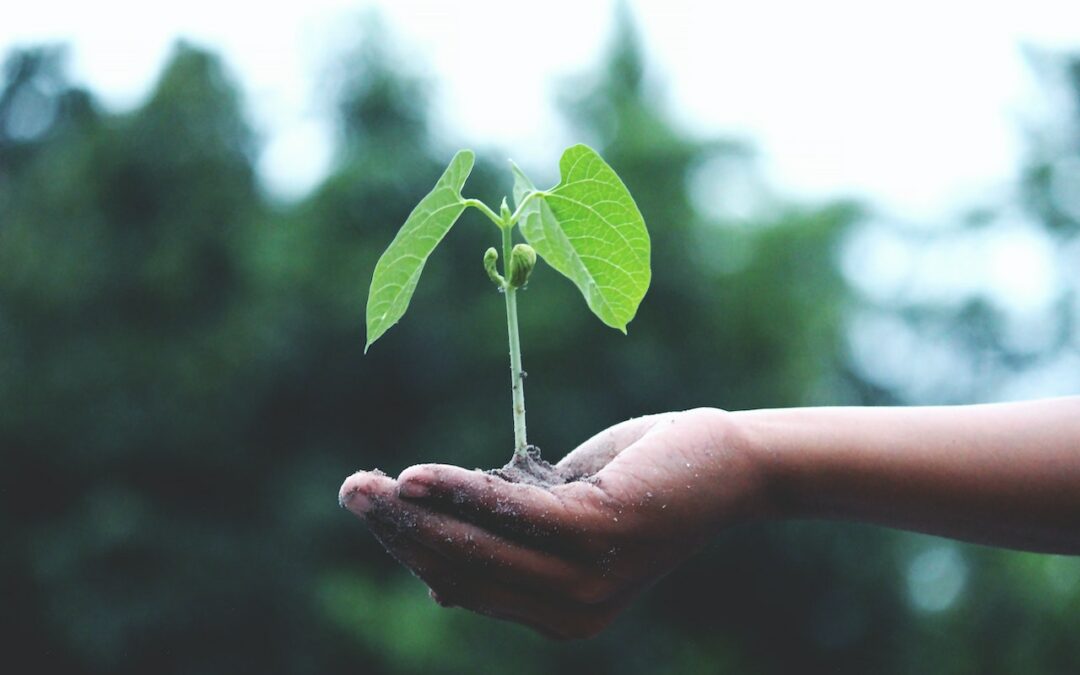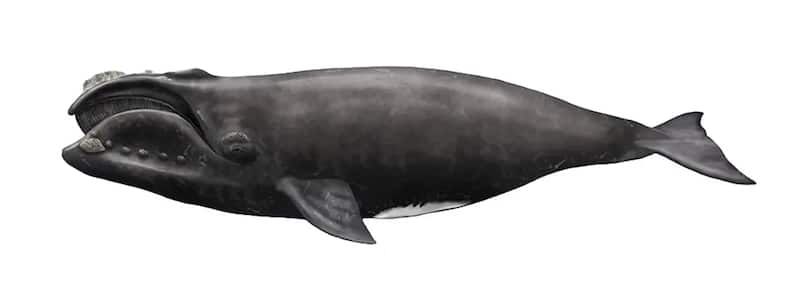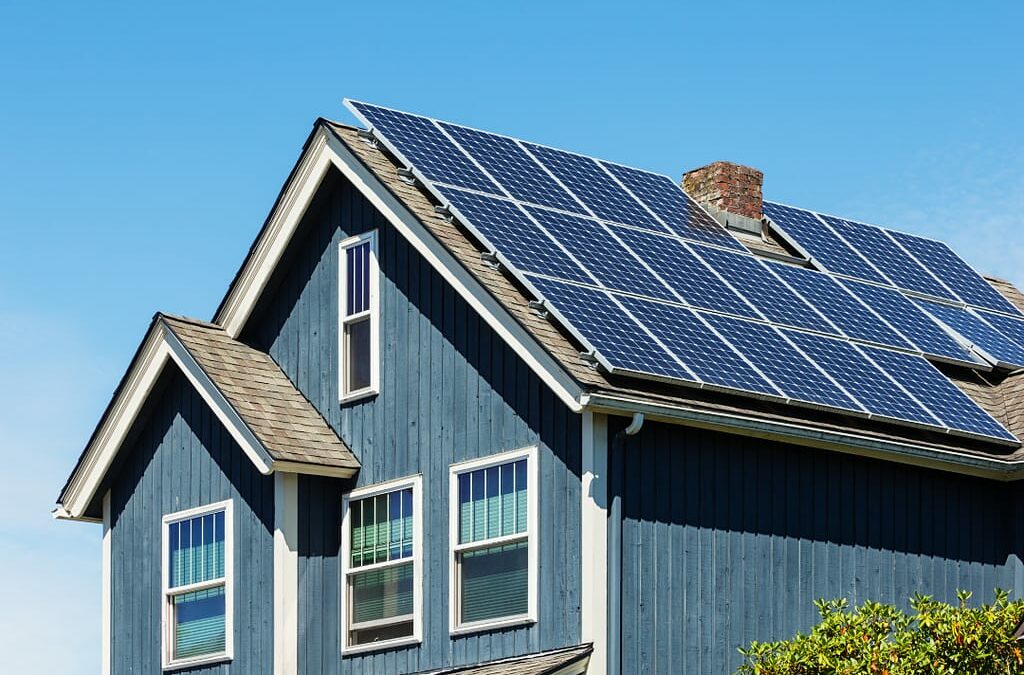
by Komoneed | Jul 22, 2024
A survey by not-for-profit mattress recycler Soft Landing Mattress Recycling has found that a majority of Australian respondents would be prepared to pay more when purchasing a new mattress if the retailer collected and recycled their old one.
The ‘Mattresses Matter’ Sustainability Survey revealed a high degree of concern about mattress sustainability, with 93% of Australian consumers saying they would be more likely to purchase a new mattress from a retailer that collects and recycles their old one.
Of the 1016 people surveyed, 62% said that sustainability was important when purchasing a new mattress, and 93% were eager to recycle their end-of-life mattresses responsibly to avoid landfill. 96% said it was important for their local council to provide a free mattress collection and recycling service through an approved recycler.
While only 26% have used a mattress recycling service in the past, 65% would like to use one in the future. According to respondents, the top three barriers to mattress recycling are lack of recycling services (58%), uncertainty of services available (54%) and cost (33%).
To remove these barriers and stop mattresses going to landfill for good, Soft Landing, an Australian Bedding Stewardship Council (ABSC) approved recycler, is calling for retailers and councils nationwide to partner with them to provide a mattress collection and recycling service to all Australians.
Soft Landing General Manager David Petrie said that 1.8 million old mattresses are disposed of each year in Australia. “Of these, it is estimated that over 740,000 end up in landfill. This equates to 5500 average elephants or nearly 2500 compactor trucks,” he said.
“They take up enormous amounts of space and contribute significantly to environmental pollution; it’s 22,000 tonnes of needless waste that can be reduced through responsible recycling, so it’s encouraging to see such positive consumer attitudes towards mattress recycling in Australia.”
Petrie said Soft Landing partnered with many progressive councils and retailers to provide Australians with an accessible mattress collection and recycling service but there was still much to do. “Australians are saying they’ll use mattress recycling services if they’re available — so why not give them the chance?”
ABSC CEO Kylie Roberts-Frost said that mattresses were included in the Minister’s Product Stewardship Priority List for 2023–2024 due to the significant environmental challenge they pose. “The data from Soft Landing highlights the critical need for a coordinated industry effort to address this issue comprehensively,” she said.
“Our objective is to see mattresses designed for longevity and recyclability, ensuring valuable materials are reused and waste is minimised, where reuse is not an option. This aligns with the growing consumer demand for sustainable outcomes.”
Roberts-Frost added that collaboration between ABSC-approved recyclers like Soft Landing, retailers and local councils was vital. “These partnerships will not only help reduce the number of mattresses ending up in landfills but also support consumers who are keen to make environmentally responsible choices,” she said.
“By working together, manufacturers, retailers and councils can play a pivotal role in creating a more sustainable future for the mattress industry.”
To view the full Mattresses Matter – Sustainability Survey Report, visit: https://softlanding.com.au/mattressesmatterreport/.
Image caption: Soft Landing is a national not-for-profit social enterprise and registered charity that collects and recycles mattresses to keep waste out of landfill while creating jobs for people experiencing barriers to work.

by Komoneed | Jul 20, 2024
California officials discovered human remains in a burned Mendocino County home on July 8, reporting the state’s first death of an unusually devastating 2024 wildfire season. The woman is believed to be 66-year-old Dagmar Stankova, who was last seen using a garden hose to try to extinguish flames outside of her home, as The New […]
The post California’s Devastating Wildfire Season: First Fatality Reported, Already 5x More Acres Burned Than Average appeared first on EcoWatch.

by Komoneed | Jul 20, 2024
For the first time in over a century, a North Atlantic right whale — a critically endangered species with only about 360 individuals remaining — has been seen off the Irish coast. Adrian Maguire, on vacation from Northern Ireland’s County Tyrone, saw the whale’s enormous figure as he fished for mackerel in a boat with […]
The post North Atlantic Right Whale Spotted Off Irish Coast for First Time in More Than a Century appeared first on EcoWatch.

by Komoneed | Jul 20, 2024
In an era where sustainable living is paramount and energy costs are on the rise, the spotlight has shifted to a solution that not only addresses these concerns but also unlocks a new realm of possibilities: home energy storage. Imagine a world where your home is not just a consumer of electricity but a hub … Continued

by Komoneed | Jul 20, 2024
When it comes to government support for alternative proteins, Australia is lagging behind other countries, according to recent research from Food Frontier, a Victorian not-for-profit organisation that advocates for the alternative protein industry.
The group’s ‘Government support for alternative proteins scorecard’ found that Australia came last out of the 10 countries examined. In contrast, countries such as Singapore, Israel, US and Canada are picking up the pace in supporting the transition towards more alternative proteins, driven by health, environmental and economic benefits.
Australia fell short across 10 key parameters considered crucial for the growth of the industry, scoring just 1.5 compared to Canada and Singapore’s score of 7.5.
“This comparison clearly indicates where Australia is lagging and should serve as a wake-up call to the opportunities available,” said Dr Simon Eassom, CEO of Food Frontier.
“Certain countries have already established themselves as global leaders in the plant-based and cultivated meat industries and are capitalising on the benefits of this. With the right government support, Australia can thrive in this sector too and cement its own place as a leader in food and agricultural production.”
While the nation scored positively on some points, including a regulatory framework suitable for novel proteins, and strong research and development, it has not progressed in several key areas.
These include dietary guidelines that prioritise plant proteins (although the guidelines are currently being updated, with the potential for sustainability messaging to be included), plant protein farmer incentives, sufficient support for infrastructure and adequate funding.
Food Frontier said this placed Australia at a significant disadvantage.
According to the Good Food Institute’s 2023 State of Global Policy, while the US, Canada, Denmark and Singapore have each surpassed the US$100m mark for total public funding (up to 2023), Australia has invested only US$53.7m in alternative proteins.
Australia is also the only country included in the scorecard not to have a national strategy that includes alternative proteins, though it should be noted that government bodies like the Climate Change Authority are investigating alternative proteins in their recommendations to government. Other countries are setting clear targets and roadmaps for success by implementing these strategies, such as Singapore’s ‘30 by 30’ food security initiative and Denmark’s plant-based action plan.
“It’s great to note that six out of 11 countries have implemented a climate strategy that mentions alternative proteins,” Eassom said. “This is a significant step forward, as we know food systems contribute between one-quarter and one-third of all greenhouse gas emissions and must evolve to be more sustainable if we hope to mitigate the effects of the climate crisis.”
A national food plan that supports existing agrifood industries to become more sustainable and prioritises the growth of innovative food industries including alternative proteins is one of Food Frontier’s recommendations to government, outlined in its recent Alternative proteins and food systems transformation report.
The group also recommended that Australia take advantage of its proximity to Asia, tapping into the region’s growing appetite for plant-based and cultivated proteins.
Image credit: iStock.com/ribeirorocha




